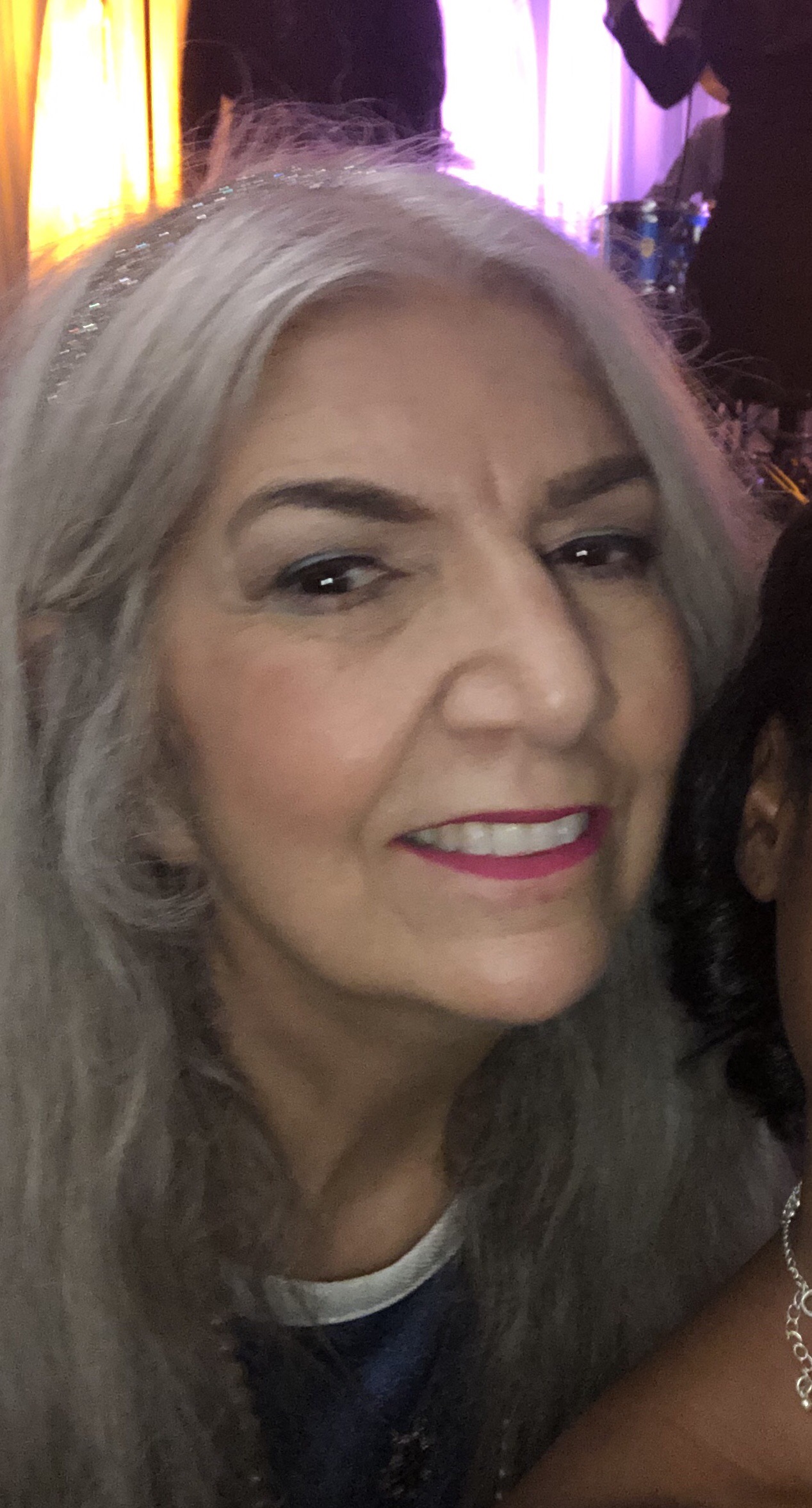Polish Conjugation
Language learning tips
Henny published
over 1 year ago
Is there any tips in learning Polish conjugation? I find it so hard
3 answers
Pawel published
over 1 year ago
that is a good question Henny.
Not sure, I was thinking of using flashcards with typing option would check it the ending you put are correct.
Maybe reading about patterns and trying to memorise a few most common or most useful verbs first could be helpful? You could start with: być to be
mieć to have
chcieć to want
lubić to like
jeść - to eat
znać - to know
umieć - to know how
Please let me know what you think.

Ania Marysia published
over 1 year ago
I think it is very hard! TRUDNE

nkw published
about 1 year ago
Conjugation can be a hurdle, especially for speakers of languages like English that have almost no conjugation at all! I think of the personal endings as a code that tells us who is doing the action. After być, I usually start with the auxiliary (helping) verbs, such as chcieć, musieć, and lubić, and also móć, even though it's a little different. These are used with the dictionary form (infinitive) of the next verb, so I can say a lot of things with only a few conjugated (personalized) forms. For learning the personal endings, it helps me to see the overall system first. But then, for memorizing them, I choose one short verb to practice, and then I point to the person whose ending I'm practicing. In other words, I say "muszę" while pointing to myself; "muszisz" while pointing to an imaginary person in front of me; and "muszi" while pointing to an imaginary person next to me. Then for "muszimy" I touch both my shoulders, using the sign for "we"; and for "muszicie" and "muszą" I point to a few imaginary people in front of me and then next to me. After a few repetitions, it becomes rhythmic, like a spoken chant. Next time, have a few infinitives ready, and practice "Muszę jeść" (or whatever), still doing the pointing and also acting out the main verb as you say it. It will get easier every time. This has worked well for me for both Spanish and Polish. If you do this for the verbs that Pawel suggested, you'll have models for the main kinds of verbs.